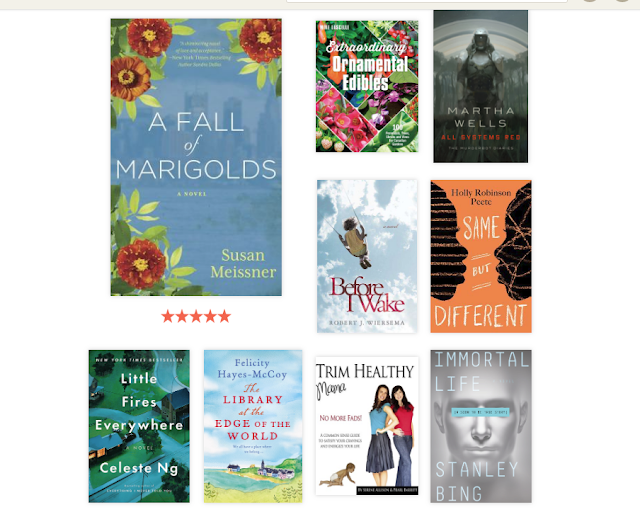1980
Living with my parents and 2 siblings in Minas Gerais, Brazil.
Our family drove a silver Volkswagen Beetle.
At least 3 great-grandparents living.
1990
Living with my parents and 3 siblings in Ontario, Canada.
Drove a red Pontiac Fiero.
Working on my Honours B.A. degree.
Worked part-time at the library.
2000
Living in British Columbia, Canada.
Drove a teal green Chrysler K-car.
Working as a fundraiser for an international humanitarian organization.
Had completed an Honours B.A.
Met my future husband in November.
Kids were 6, 4, 1, last one hadn't been born yet.
Homeschooling.
Married 9 years.
Living in our current house in Ontario, Canada.
In the middle of my Masters degree to become a librarian.
Drove a black Mazda Protege. The other vehicle was a black Mazda 5.
Three of my grandparents were still living. Brother-in-law had died a year earlier.
Starting 2020
Kids are 15, 13, 10, 8
Kids are out in 3 different schools.
Married 18 years (at beginning of year).
Living in our current house in Ontario, Canada.
Driving a blue Kia Rio. The other vehicle is a grey/silver Dodge Grand Caravan.
Senior librarian in charge of a branch.
All grandparents have passed away.
From https://www.marieforleo.com/2019/12/decade-in-review-10-year-plan/
What’s Next? What’s My Future?
What do you want to create, experience, or achieve over the next 10 years? What do you want to feel or accomplish in terms of your…
Health and wellbeing?
Finances?
Relationships?
Career or business?
Community and philanthropy?




































